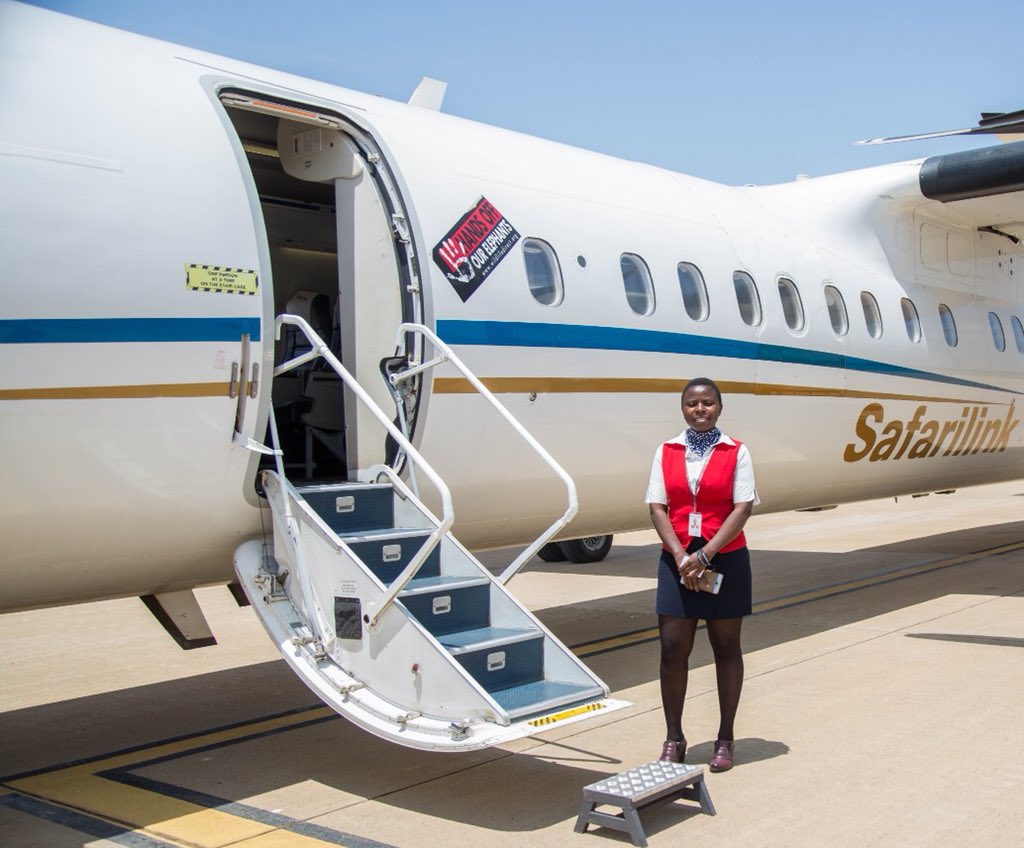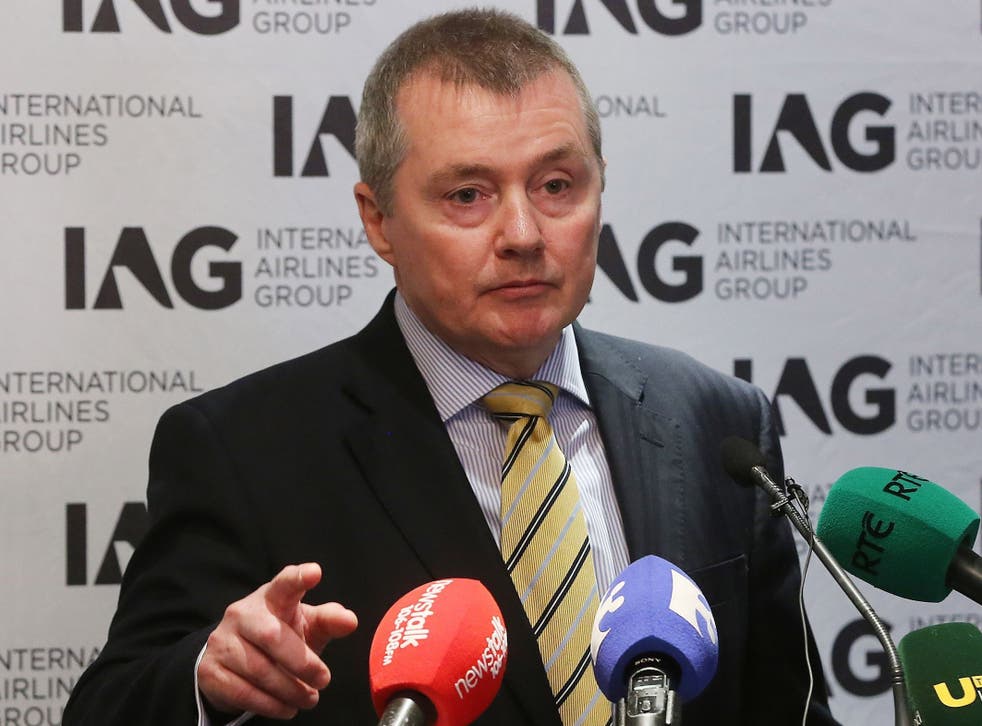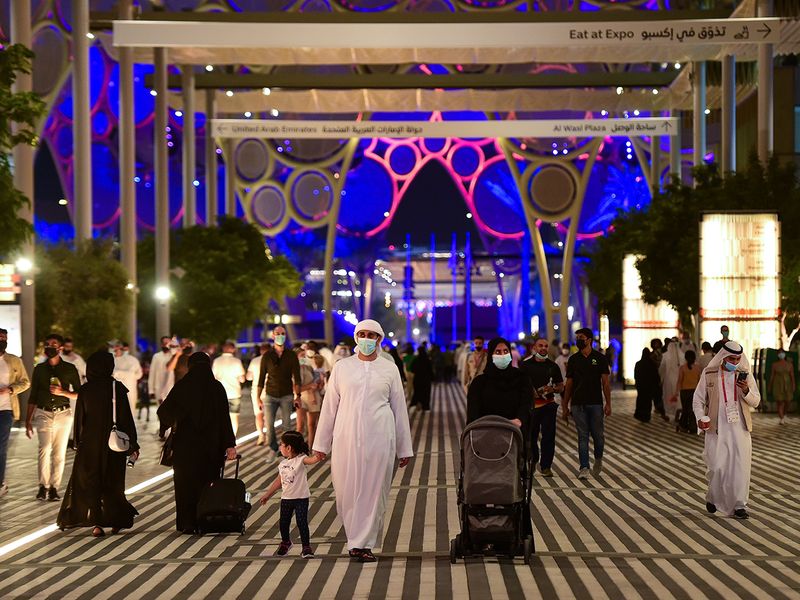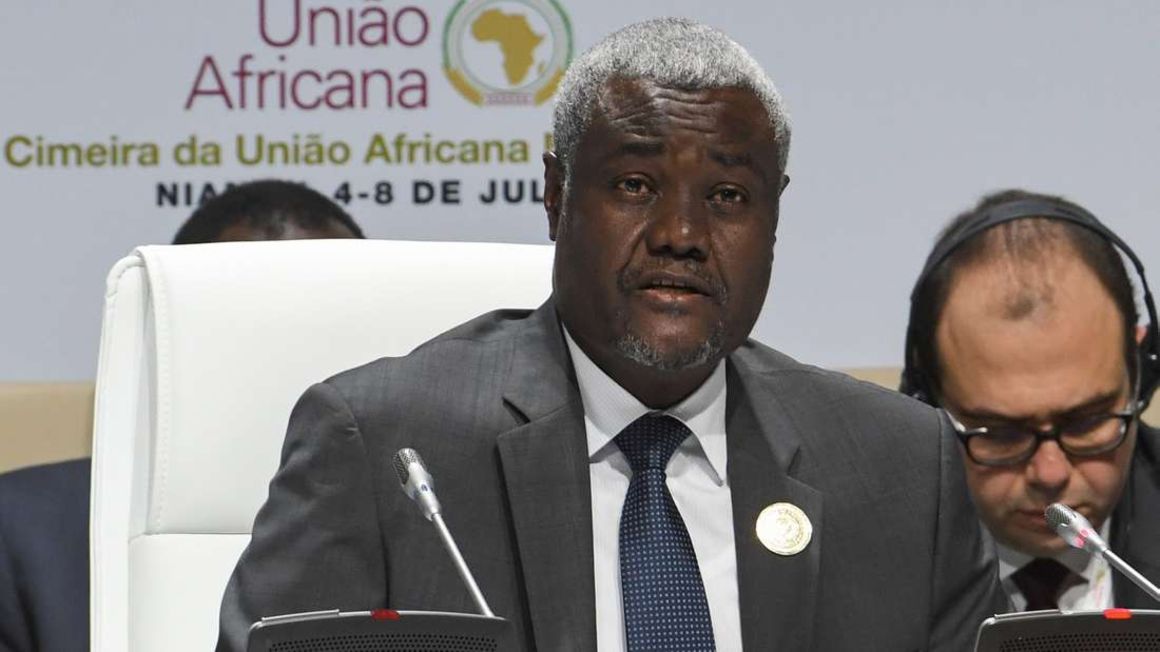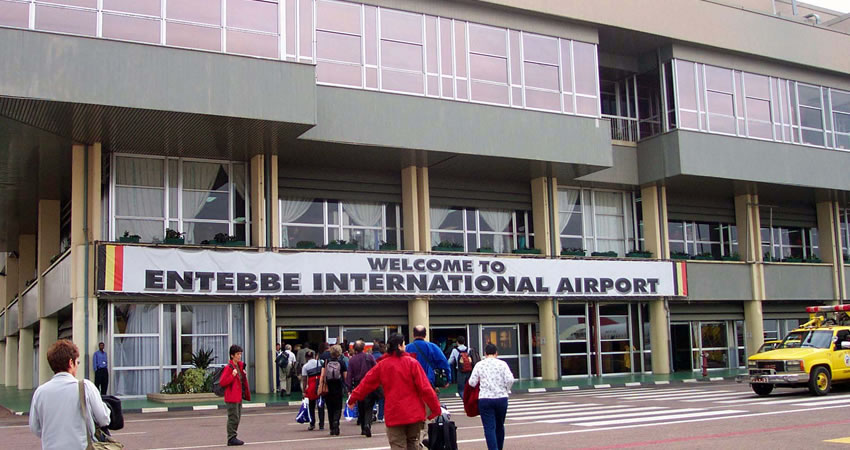As the newly discovered Omicron COVID-19 variant starts to invade cities around the world, Canada’s expanded travel restrictions have focused on countries in one continent: Africa.
But according to health experts, the choice to single out African countries doesn’t make sense — and could actually endanger the global fight against COVID-19.
“For travel restrictions to work, they have to be proportional, they have to be fair, and there’s got to be a good reason for it … this really doesn’t fit well at all,” said Kerry Bowman, a bioethicist at the University of Toronto, speaking to Global News from Al Ghaydah, Yemen.
Canada brought about its latest round of travel restrictions on Nov. 26 in response to worries about the newly discovered Omicron variant. The government banned travellers from seven African countries: South Africa, Mozambique, Namibia, Zimbabwe, Botswana, Lesotho and Eswatini.
Days later, as cases were discovered in Canada, Spain, Portugal, Belgium and Hong Kong, among others, Canada broadened its travel restrictions to include three more countries: Nigeria, Malawi and Egypt.
Foreign nationals who have been to those countries over the past two weeks will not be able to enter Canada. Canadians and permanent residents who have transited through these countries over the past two weeks will have to quarantine, be tested at the airport, and await their test results before exiting quarantine, according to Health Minister Jean-Yves Duclos.
The federal government stood by its decision on Tuesday. Dr. Theresa Tam, Canada’s top doctor, said the decision to limit the travel restrictions to the 10 African nations was based on several “criteria.”
“There may be some uncertainty in the countries’ overall epidemiologic situation and their ability to detect and respond (to the variant),” Tam said.
“These countries also have very low vaccine coverage.”
She added that the COVID-19 positivity rate for passengers arriving from Egypt and Nigeria has risen, and all the Canadian cases reported so far “have been from Nigeria.”
Duclos echoed Tam’s comments, stating that the community transmission in the 10 countries “is of concern, not only to Canada but to our international partners.”
But experts aren’t buying it.
“It doesn’t make sense scientifically to have restrictions just to Africa … because of Omicron,” said Dr. Gerald Evans, an infectious disease specialist at Queen’s University in Kingston, Ont.
“But then, on the other hand … governments want to be seen to be doing something when this happens.”
The WHO has warned the global risk from Omicron is “very high,” with early evidence suggesting it might be more contagious than other variants of concern. The variant has a number of mutations in two key areas of the virus’ spike protein, according to Tam, including in areas that could increase transmissibility, and in areas that could impact the immunity offered by vaccines.
Still, Bowman warned it was “very, very destructive” to “shut down” South Africa with restrictions — rather than commending them — after they undertook the “complex” sequencing work that led to the variant being identified.
“This could really be a major disincentive,” Bowman said.
“I think a lot of it is political, for the public. Also, lower-income countries are less of a concern than higher-income countries, from an economic point of view. So I hypothesize that as well.”
Bowman wasn’t alone in his hypothesis.
“It’s important to remember that governments make decisions because they have to appeal to the voters,” Evans said.
“Although some voters might be very much motivated by a global view of things, sometimes people are just worrying about themselves.”
Experts fear the decision to hit these 10 African countries with travel restrictions could also hurt the much-needed vaccine rollout in the regions. The WHO expressed the same fears at a briefing Wednesday, reiterating that it does not support travel bans at this time.
“All the economies of these countries are dependent … on a fair degree of international trade. A lot of fruits and vegetables come from South Africa up here to Canada,” Evans said.
“If we are impairing travel from those jurisdictions to Canada nominally to keep people who might be infected out, we could have an impact on those particular things. And then the problem you have is those economies suffer.”
This economic hit, Evans warned, could impact the vaccine rollout.
“That ability to get vaccine rolled out … is going to be affected by all kinds of unintended consequences as a result of travel bans.”
Global vaccine rollout is key: experts
Ensuring a smooth global vaccine rollout is the only way for the world to truly be able to move beyond the COVID-19 pandemic — and it’s a far more important issue than implementing travel restrictions and doling out booster doses, both Evans and Bowman said.
“When we have areas of the world with low vaccination rates, that’s where the virus is going to continue to have ongoing transmission, ongoing infections,” Evans said.
“The real way out of this … is we need to have vaccine roll out globally, and we need to have vaccinations globally rise to levels that we’re seeing in parts of the developed world.”
That’s because the virus “takes advantage of widespread infections, which causes viral replication, which allows it to mutate,” according to Evans.
Those mutations can sometimes be advantageous for the virus, for example, by making it more transmissible, or teaching it to evade vaccines, according to multiple public health experts. The more COVID-19 spreads, the more replication occurs — and the more chances spring up for a serious mutation to take hold.
Until areas of the world that have little access to vaccines are able to get their populations vaccinated, variants will continue to spring up, according to Bowman.
“These environments become absolute variant factories, and we’ve done so little about this,” Bowman said.
Bowman, who has been working in Yemen, said he’s seen the impact of vaccine inequity first hand.
“I have seen unvaccinated health-care workers. I’ve seen people that need oxygen and aren’t getting it, in very impoverished countries, and they have not received the vaccine. These people are going to die,” he said.
To date, there have been over 263 million cases worldwide. A total of over 5 million people have died, according to the WHO.
The government has been sending doses to lower-income countries around the world through the COVAX vaccine sharing initiative — which was reiterated by the health minister on Wednesday — but Bowman said these steps don’t go far enough.
“South Africa itself may have a lot of vaccines right now, but sub-Saharan Africa absolutely does not. And Canada has focused relentlessly on boosters and vaccinating children,” Bowman said.
“The greatest threat to us all as Canadians has always been the international pandemic situation, and we have done next to nothing about that.”
When the dust settles, Bowman added, history will be the final judge.
“When this awful pandemic eventually ends and the books are written and the analysis really begins,” he said, “Canada has to live with this legacy that we did very, very, very little from a global point of view at the height of this crisis.”
Source: Global News

